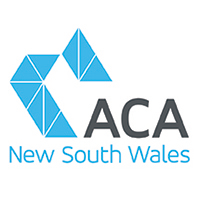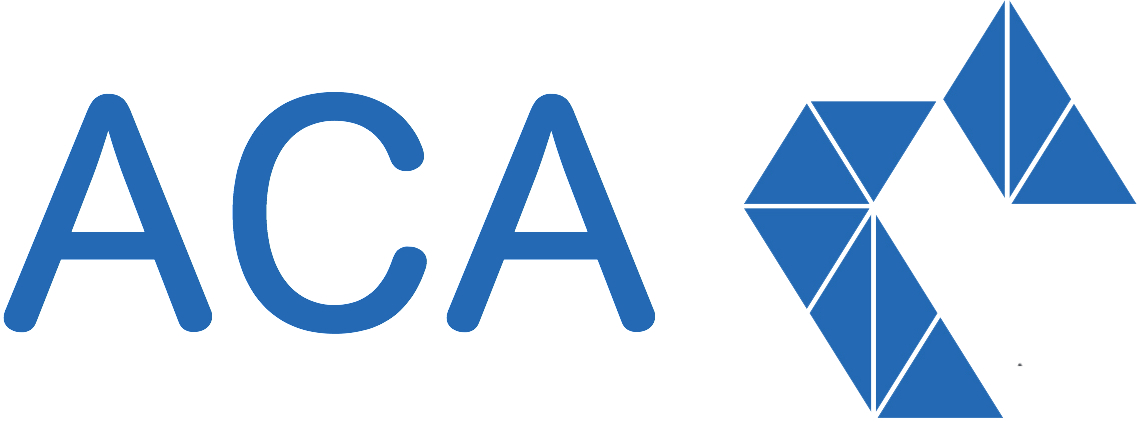Australian Childcare Alliance NSW (ACA NSW) President Nesha ONeil Hutchinson and CEO Chiang Lim met with NSW Early Childhood Education Minister Leslie Williams yesterday at NSW Parliament House to discuss issues around funding, assessment and rating, as well as rorting. Of particular importance was the National Partnership Program (more commonly known as the Universal Access Agreement) which recommends an additional funding model to enable preschool children to receive 600 hours of early childcare education.
Last night, Nesha received a call from the Executive Director of Early Childhood Education and Care Directorate, Tracy Mackey, inviting ACA NSW to a media conference this morning (14 September 2016) about the next round of funding.
Chiang was there this morning gathering as much further information as he could.
It is our understanding that $115M of the federal funding will be released by the NSW government to further increase participation in Early Childhood Education programs in the year before school. $85M of that money will be directed to state funded preschools, while $30M will be directed towards long daycare centres. This is despite data trends showing an increasing number of children are accessing their early childhood education via long daycare than any other model. That said, we understand targeted programs will be used specifically to focus on children from vulnerable and disadvantaged backgrounds.
Whilst there will be another meeting tomorrow morning for more information, we have been told that the details for the funding model around long daycare centres may take as long as a month to be released. Be assured, as soon as we have the finer points of the package, we will share them with our members.
The National Partnership Program funding is designed to encourage participation in high quality early childhood programs in the year before school. More and more studies are showing that attending a preschool program for over 600 hours in that year makes a demonstrable difference between a child flourishing or struggling in their first year at school. It is particularly important for children who are vulnerable or from disadvantaged backgrounds. The Federal Government has been increasing funding to all states to achieve the target of 95% of children accessing these programs. NSW has not been able to meet these targets to date, and are attempting to increase participation by subsidising early education, making it more accessible by making it more affordable.








